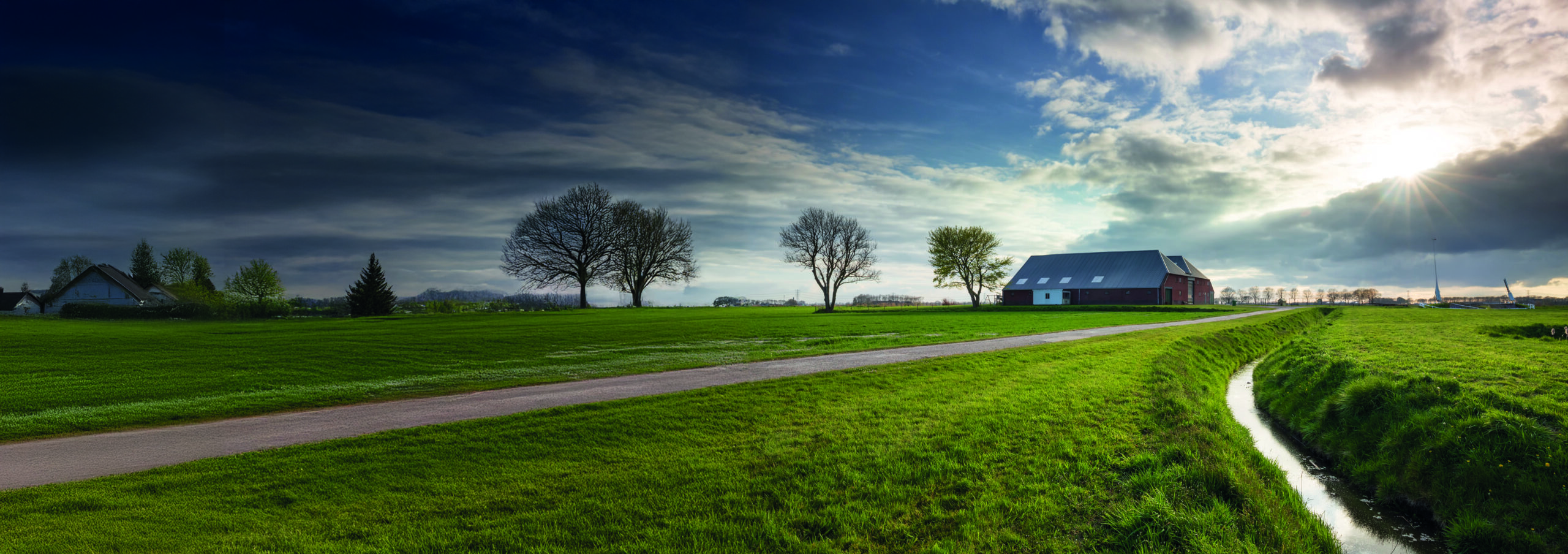
Synergy+
Synergy+
At Inno+, we work together with you as a business owner towards vital and sustainable food production. By optimising business processes in terms of climate and emissions, we ensure healthy and vital animals, a positive environmental impact, and improved returns. Our Synergy+ approach achieves this in three steps:
Eliminating external stress factors
External influences such as heat, cold, and moisture negatively impact the living environment of your animals in the barn. We energise farming by guaranteeing a stable and optimal living climate, reducing stress in your animals. This results in better health and higher efficiency. Healthy animals perform better and consume less energy.
Minimising nuisance to the environment and surroundings
It is becoming increasingly important to consider the environment in which you operate as a farmer. Your “right to produce” is closely linked to how you manage your impact on the surroundings and society. By drastically reducing emissions of odour, dust, and ammonia, you contribute to a cleaner environment, strengthen relationships with neighbours, and minimise your impact on the environment.
Maximising energy recovery
Every barn loses a significant amount of energy in the form of heat, which is discharged through ventilation. By using the water from the air scrubber as a buffer, we can save up to 90% on heating costs through heat recovery. Reusing this energy significantly reduces your energy costs and contributes to a lower CO2 footprint. This is both financially and ecologically beneficial.
Reduce stress influences from outside
Reduce nuisance to the surrounding area
Minimize loss of energy
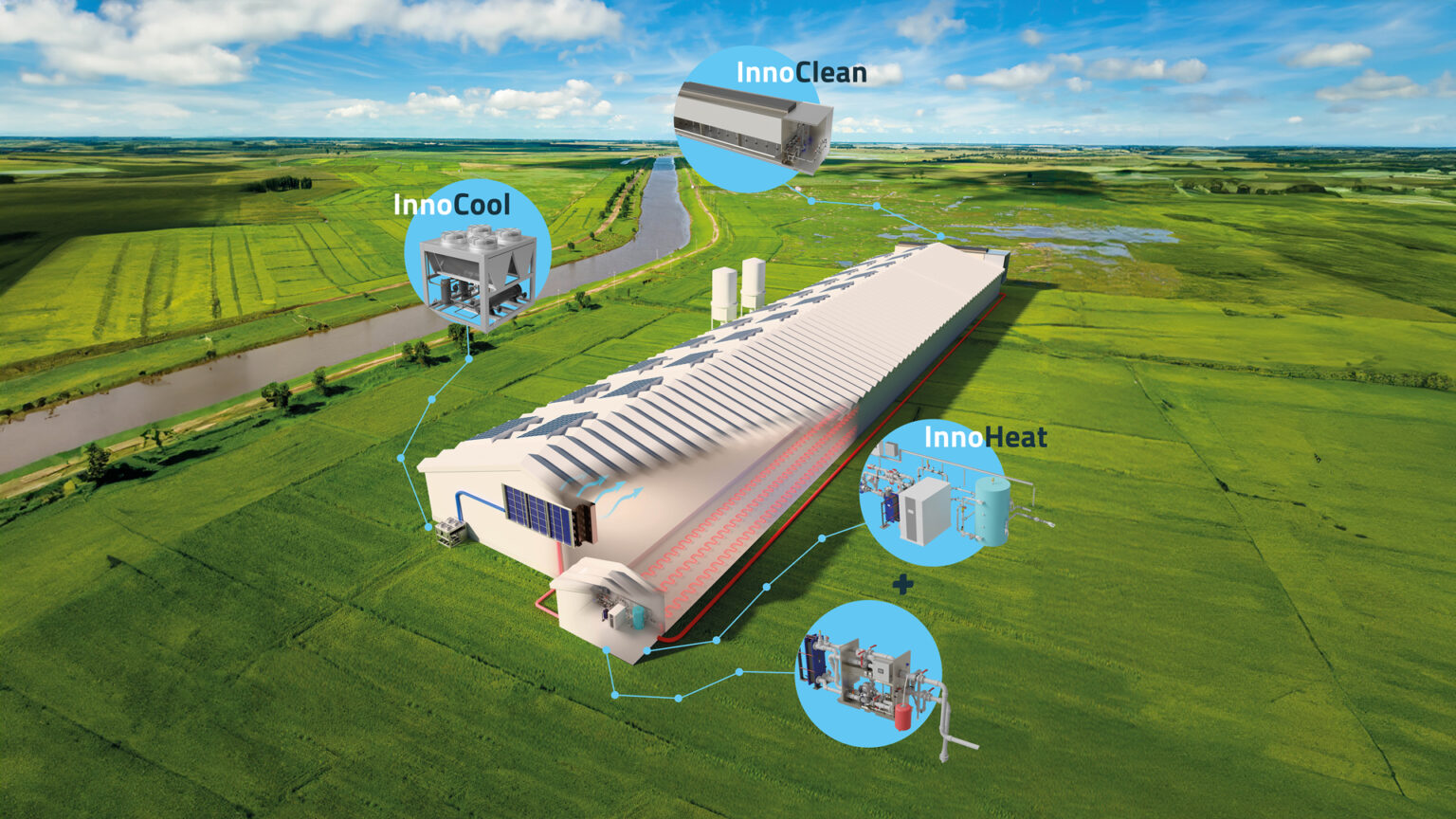
We energise farming
Want to know how much you can earn with our Synergy+ technology?
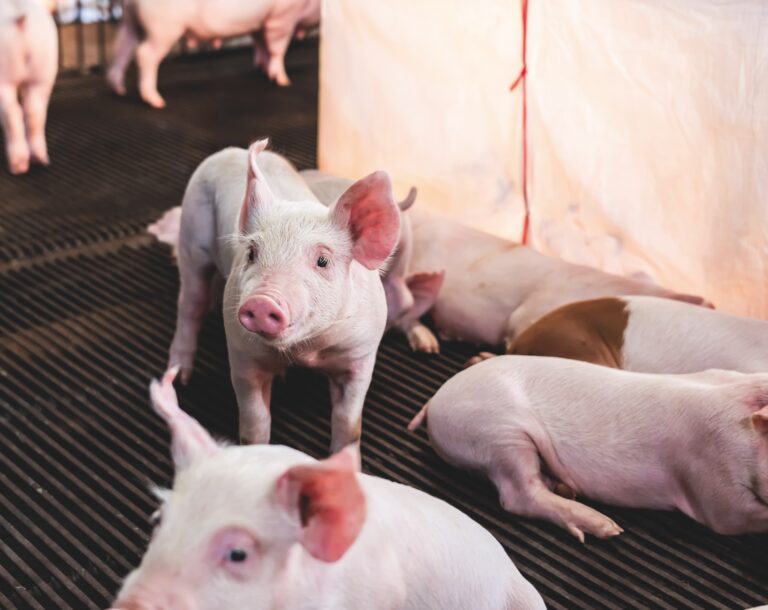
Pig farming
Optimizes climate, reduces emissions and energy consumption, increases productivity and improves welfare of pigs.
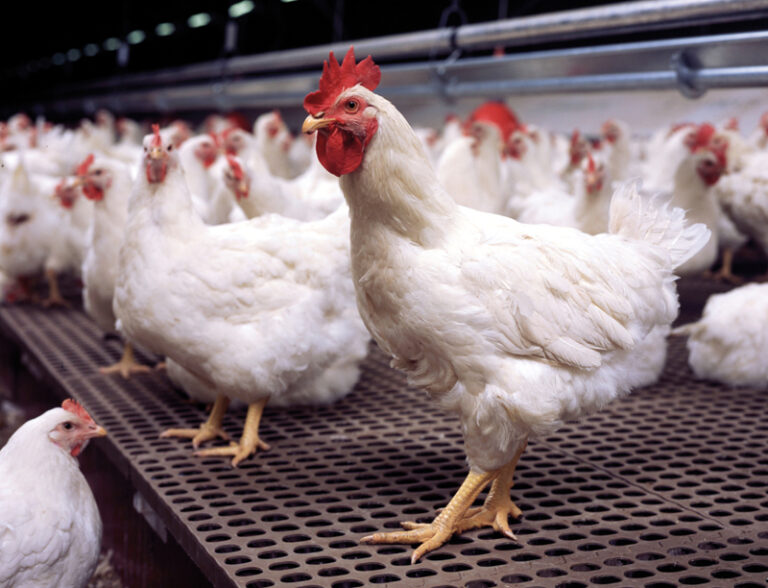
Poultry farming
Improves air quality, regulates temperature and reduces energy costs, leading to better animal performance and health.
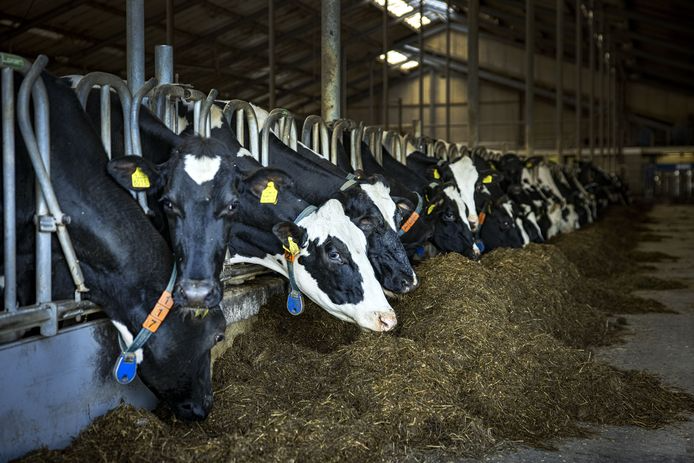
Cattle farming
Creates stable barn climate, reduces energy costs and promotes cattle health and productivity.
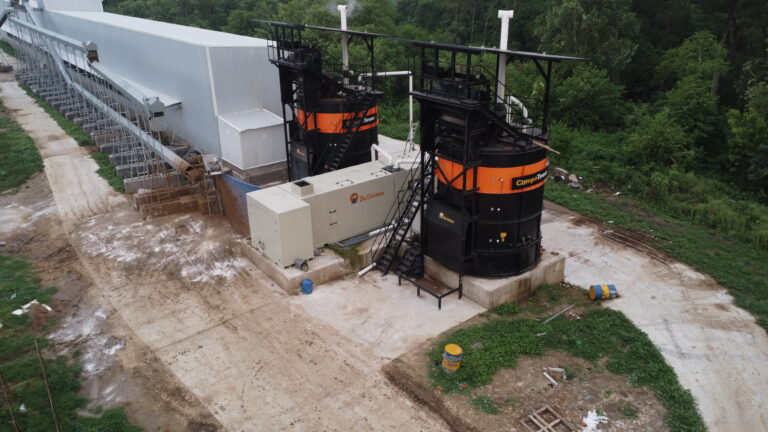
Manure processing
Optimizes climate, reduces emissions and energy consumption, increases productivity and improves welfare of pigs.
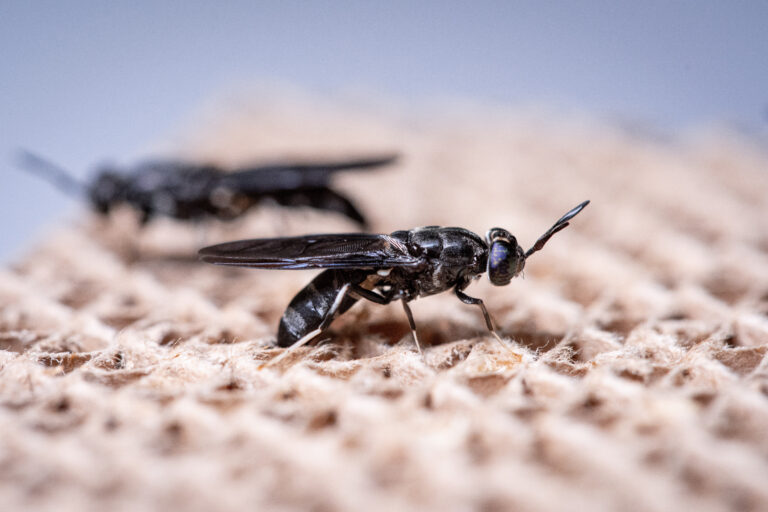
Insect farming
Optimizes temperature and air quality, increases efficiency and yield with energy-efficient, sustainable systems.
